Therapies
At Maanavta, the belief is in tailoring the therapy approach to deeply understand each patient’s pain and agitation. The team of psychologists and psychiatrists work together to conduct a comprehensive assessment covering all aspects of personal, psychological and social domains, as well as illness history. Based on the assessment, personalised treatment plans are offered, including the following therapies:

Cognitive Behavioural Therapy (CBT)
It focuses on identifying and changing negative thought patterns and behaviours, thereby assisting individuals in developing coping strategies and acquiring new ways of thinking and behaving.
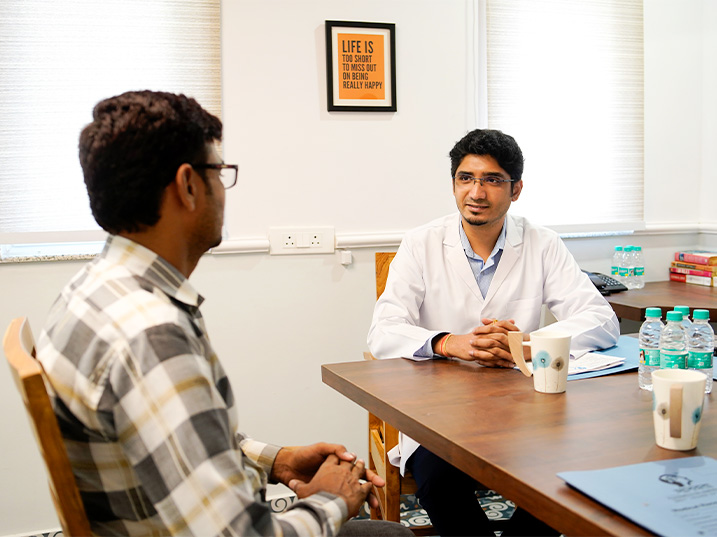
Dialectical Behaviour Therapy (DBT)
It combines elements of CBT with mindfulness techniques to assist individuals in regulating emotions, improving interpersonal relationships, and developing distress tolerance skills.

Acceptance and Commitment Therapy (ACT)
It is a mindfulness-based therapy designed to help individuals accept complex thoughts and feelings while committing to actions that align with their values. It emphasises mindfulness, acceptance, and behavioural change.

Interpersonal Therapy (IPT)
It focuses on improving interpersonal relationships and addressing interpersonal issues contributing to mental health problems. It helps individuals identify and address relationship problems, communication patterns, and social support networks.

Psychodynamic Therapy
It explores and resolves unconscious conflicts and early life experiences that influence current thoughts, feelings and behaviours through insight-oriented techniques such as free association, dream analysis and exploration of childhood experiences.

Eye Movement Desensitization and Reprocessing (EMDR)
It is a specialised therapy primarily used to treat trauma-related disorders, such as PTSD, involving the use of bilateral stimulation while recalling traumatic memories to process and reduce their emotional impact.

Group Therapy
It provides a supportive environment for individuals who share similar concerns or goals to share experiences, offer mutual support and learn from one another under the guidance of a trained therapist.

Mindfulness-Based Therapy
With advancements in technology and anaesthesia protocols, Modified ECT ensures safer and more tailored interventions, providing individuals with a pathway to symptom relief and improved mental health outcomes.
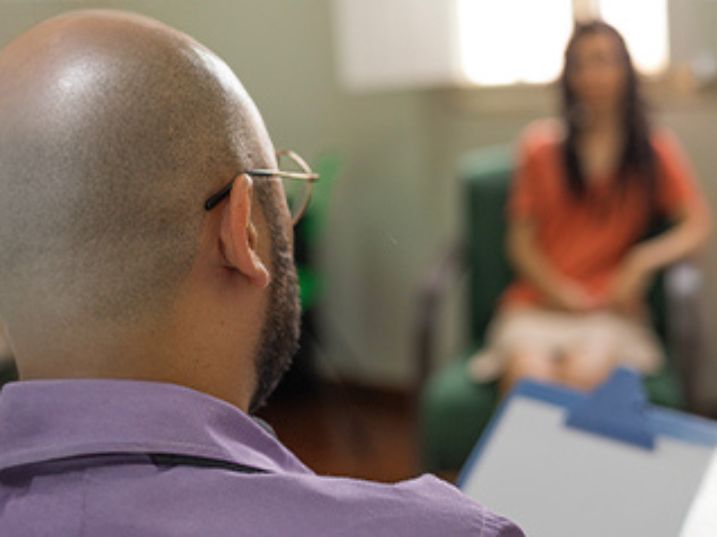
Contingency Management (CM)
It focuses on identifying and changing negative thought patterns and behaviours, thereby assisting individuals in developing coping strategies and acquiring new ways of thinking and behaving.

Family Therapy
The repercussions of addiction extend beyond the individual to encompass their family members. Family therapy is a vital way to enhance communication, resolve conflicts, and reinstate trust within the family dynamic. Moreover, it effectively addresses enabling behaviours while furnishing essential support for loved ones navigating through challenging circumstances.

12-Step Facilitation Therapy
This therapeutic technique is based on the principles of Alcoholics Anonymous (AA) and Narcotics Anonymous (NA). It helps facilitate individuals' involvement in and reaping benefits from mutual support groups. It emphasises recognising the necessity for abstinence, surrendering to a higher power, and actively partaking in a nurturing community dedicated to support and recovery.
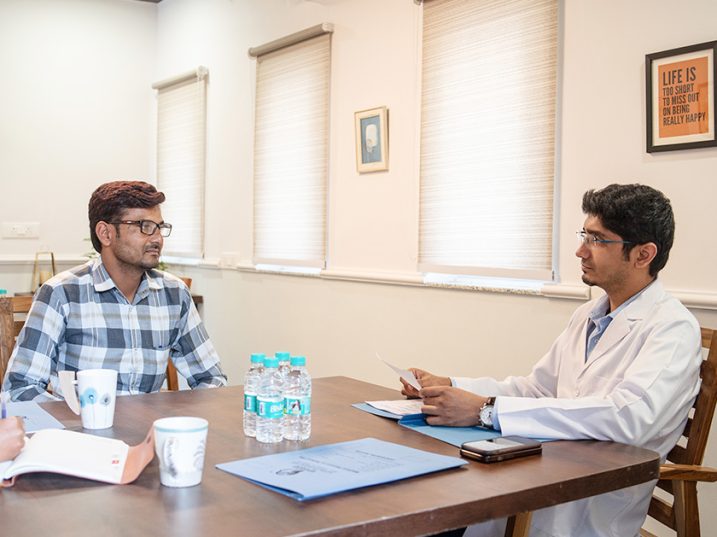
Motivational Interviewing (MI)
It represents a client-centred methodology designed to augment motivation for change by mitigating doubts. Therapists engage in a cooperative process with individuals, enabling them to explore their reasons for change and fostering a deepened commitment to the path of recovery.

Mindfulness-Based Relapse Prevention (MBRP)
It seamlessly combines mindfulness practices with cognitive-behavioural techniques to prevent relapse and foster sustained recovery. By enhancing individuals’ awareness of triggers, cravings, and habitual responses, MBRP empowers them to navigate challenging situations with better emotional strength and proactive coping strategies.
Treatments

32-Channel Video EEG
It offers advanced monitoring capabilities, providing detailed insights into brain activity and seizures. High-resolution video recording synchronised with EEG data enables precise analysis for accurate diagnosis and treatment planning.
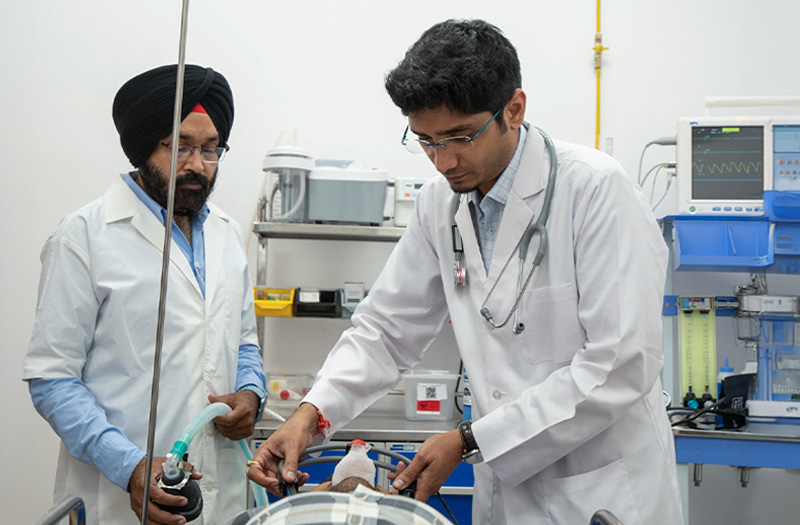
Modified Electro Convulsive Therapy (ECT)
With advancements in technology and anaesthesia protocols, Modified ECT ensures safer and more tailored interventions, providing individuals with a pathway to symptom relief and improved mental health outcomes.

Biofeedback
It helps empower individuals to take an active role in improving their well-being and optimising physiological functioning that promotes holistic health and resilience.
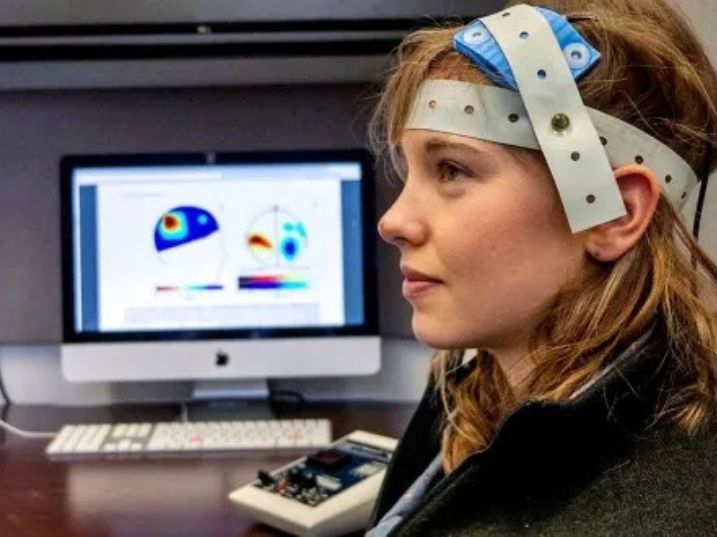
Transcranial Direct Current Stimulation (TDCS)
It is a non-invasive neuromodulation technique that involves the application of low-intensity electrical currents to specific areas of the brain using scalp electrodes. With its portability, safety, and promising outcomes, TDCS represents a cutting-edge approach to optimising brain health and fostering mental well-being.
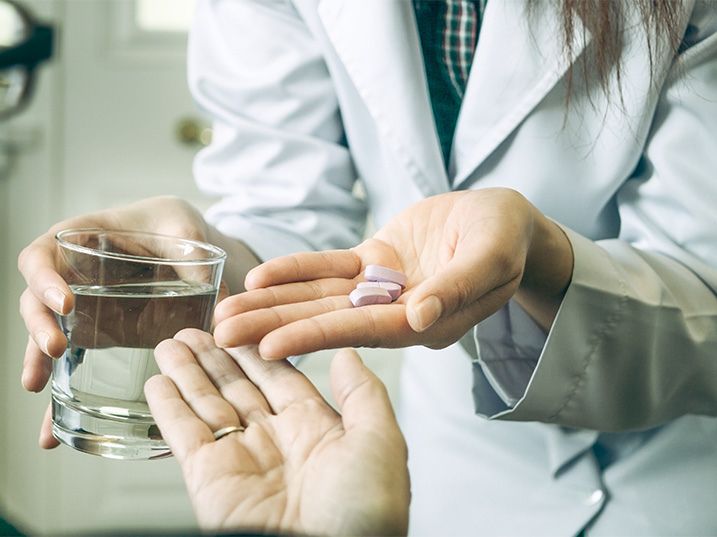
Medication-Assisted Treatment (MAT)
It incorporates the administration of medications like methadone, buprenorphine, or naltrexone, complemented by counselling and behavioural therapies to address substance use disorders. These medications aid in minimising cravings, easing withdrawal symptoms, and promoting sustained recovery over the long term.
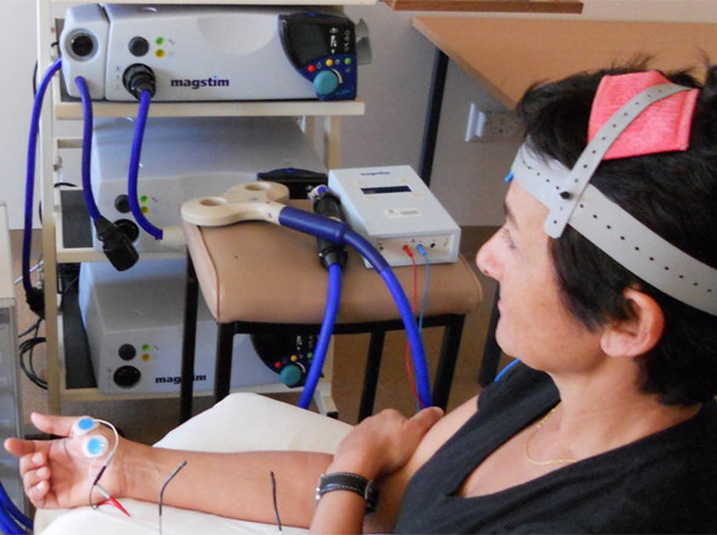
Transcranial Magnetic Stimulation (TMS)
Transcranial Magnetic Stimulation (TMS) therapy is FDA-approved and offers a groundbreaking, non-invasive approach to mental health and well-being. This medication-free treatment delivers fast-acting and long-lasting results, making it an ideal solution for a variety of conditions. TMS is highly effective in managing depression, anxiety, obsessive-compulsive disorder (OCD), and post-traumatic stress disorder (PTSD). It also provides support for smoking cessation, addresses addictions, and assists in autism therapy. In addition, TMS can help alleviate chronic pain, offering relief without the need for invasive procedures or medications. Experience a safe and innovative treatment option that prioritizes your health and recovery, helping you achieve improved mental and physical well-being with minimal disruption to your daily life

Ketamine Assisted Therapy
Our Ketamine Assisted Therapy starts with a comprehensive assessment, where we evaluate your medical history and current mental health condition to tailor the treatment to your needs. During the Ketamine session, the medication is administered in a serene and secure medical setting, designed to maximize your comfort and safety. Throughout the session, our experienced healthcare professionals closely monitor your vital signs to ensure a safe experience. Many patients begin to notice improvements in mood within hours to days following the session. This advanced therapy provides significant relief from chronic symptoms of depression, anxiety, OCD, PTSD, and addictions. Embrace a progressive approach to mental health care that prioritizes your well-being and fosters lasting recovery.

DE-ADDICTION CENTRE
In Uttarakhand, there has been a notable increase in cases of drug and alcohol addiction in recent years. A research article by Doctors at Doon Govt. Medical College, Dehradun reveals that a significant proportion of individuals (46.8%) begin substance abuse after the age of 18, with alcohol being the most commonly abused substance, followed by tobacco, opioids, cannabis, ecstasy, crystal, and morphine.
DE-ADDICTION CENTRE
PRESS

Subscribe To Our Newsletter
Stay in touch with us to get latest news.
Address
129 Adarsh Nagar, Chakrata Road, (Near Hotel Ramada) Dehradun - 248001
Call Us
+91-9258253650 , +91-9258253651
Email Us
maanavtarehab@gmail.com
ADMISSION IS THROUGH OPD ONLY AND EMERGENCY SERVICES ARE NOT AVAILABLE
